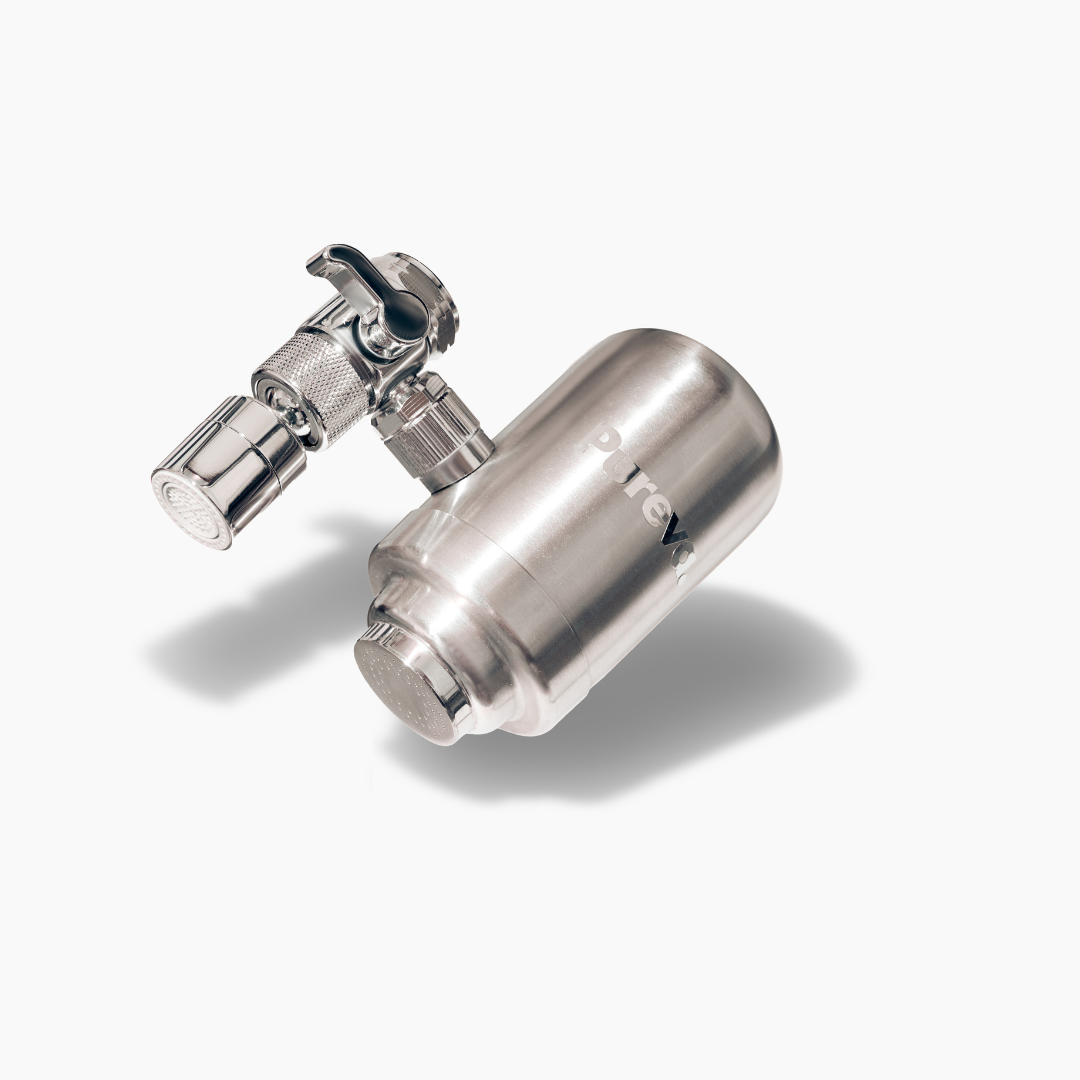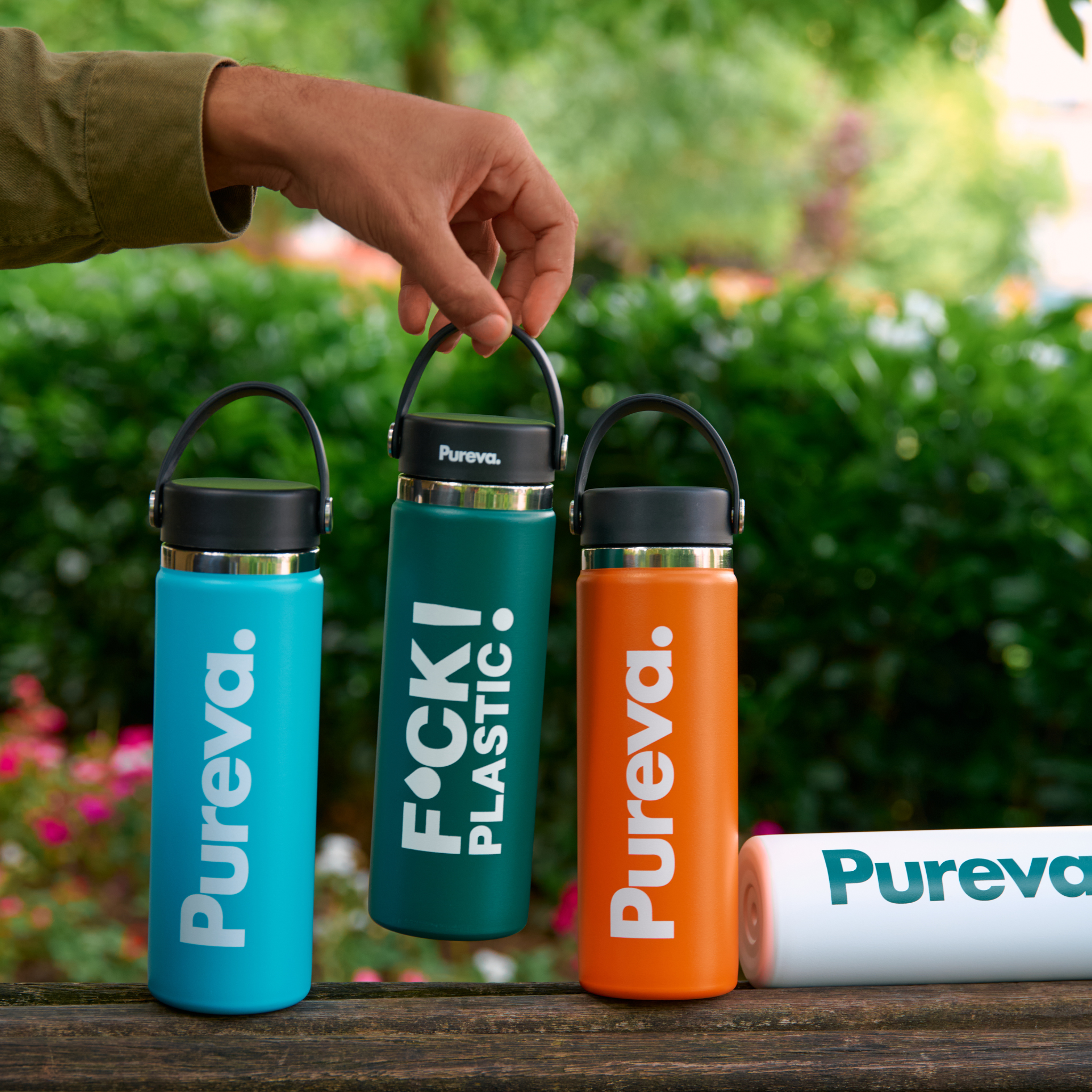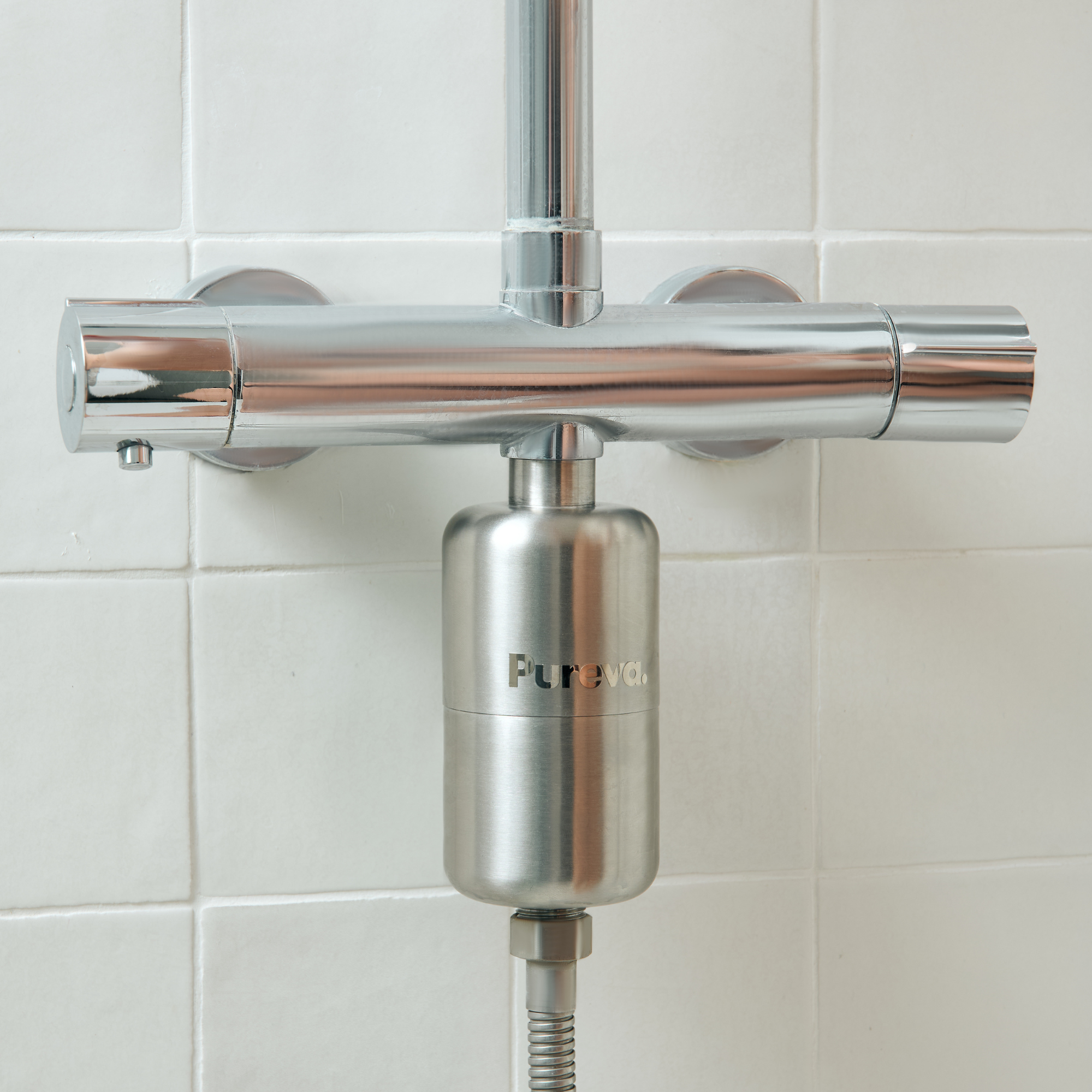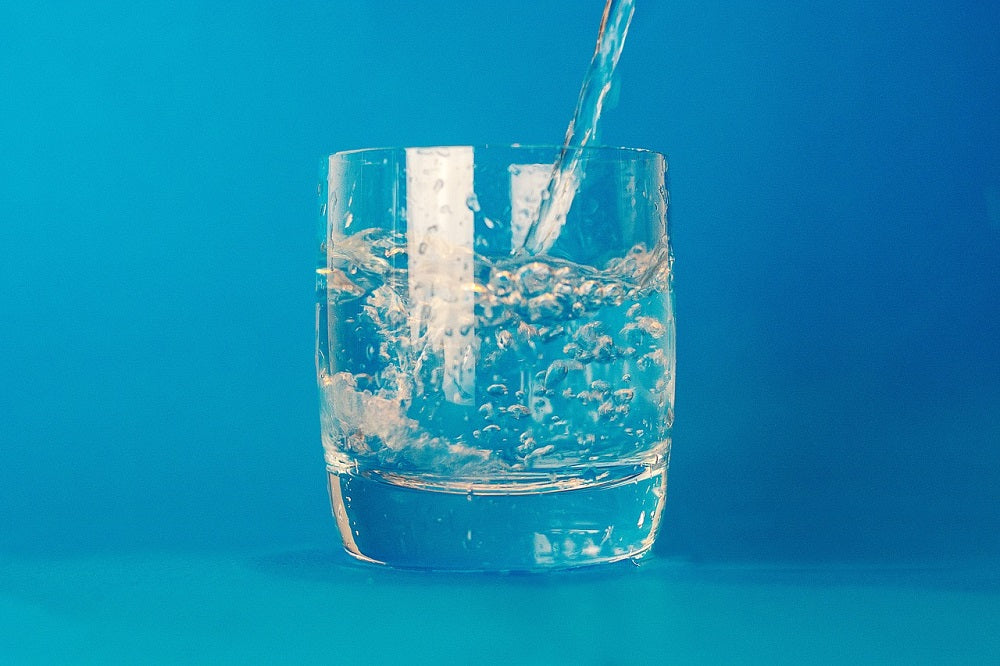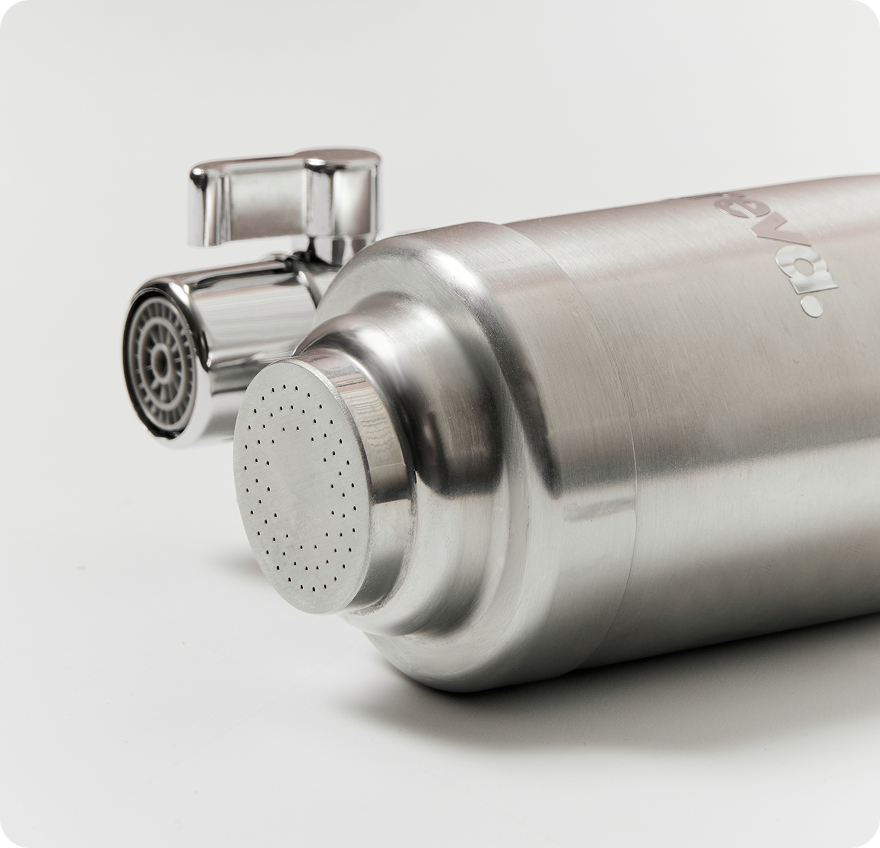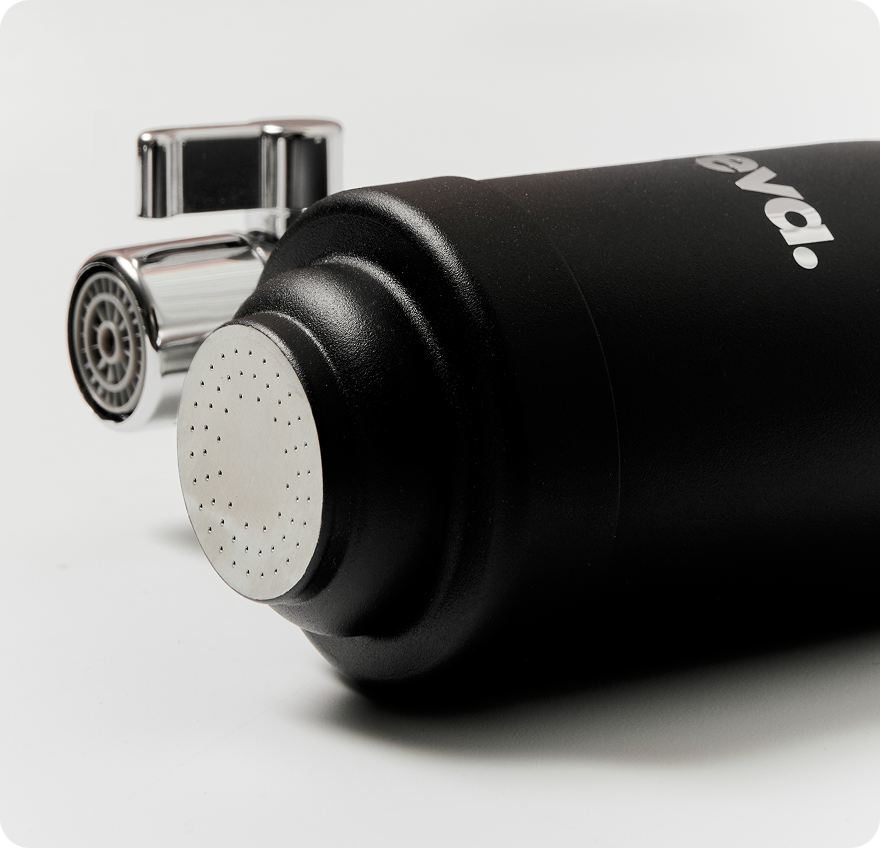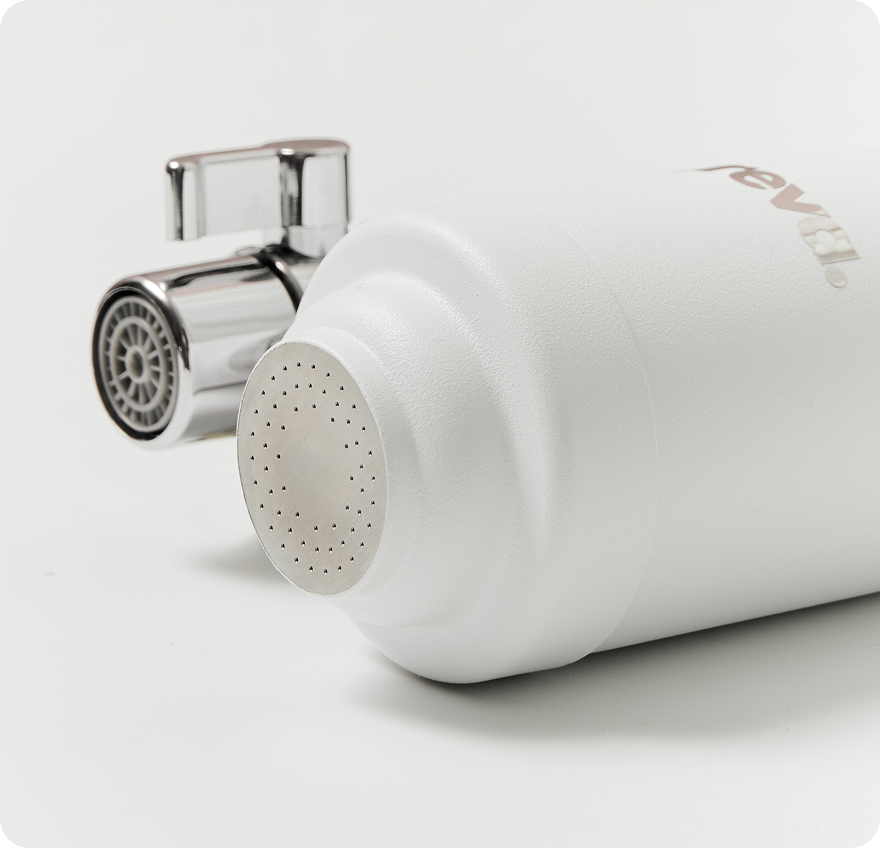Filtered water is often seen as a solution to improve the quality of tap water and save money compared to buying bottled water, for example. However, some popular questions are frequently asked about filtered water: loss of essential trace elements? Is the water destructured or altered?
Depending on the water filter When used, water quality can, in fact, vary. This article will help you understand the true benefits of filtered water, and dispel any doubts about its potential impacts on your health.
Why filter your water?
If tap water is already treated and drinkable, why filter it ? Whether for taste, health, or even the savings it generates, using a water filter has benefits that are too often overlooked. And recent discoveries about "eternal pollutants" are not going to contradict this. this necessity.
A study of 55 drinking water samples from 11 European countries found that 94% of the samples contained trifluoroacetic acid , a persistent and potentially harmful pollutant. These findings highlight the risks associated with tap water, even when it meets drinking water safety standards. Filtering your water can reduce exposure to these undesirable substances, contributing to better long-term health.
Health benefits
Filtering tap water provides your body with better hydration. This reduces skin irritation and allergies , and helps eliminate unwanted substances like chlorine, which can sometimes affect your well-being. The health benefits of filtered water are felt on your skin, hair, and internal organs.
Filtration can effectively reduce many pollutants, including heavy metals and synthetic chemicals like PFAS , ensuring cleaner water every day. Since 67% of French people report drinking tap water, using a filter would allow a large part of the population to benefit from healthier, contaminant-free water. Some regions, such as Martinique and Guadeloupe, have a greater interest in adopting filtration technology to avoid ingesting chlordecone (a pesticide), for example.
Neutral quality water
Filtering tap water produces water with a neutral taste, free from the alterations caused by processing. By improving organoleptic characteristics such as taste and odor, filtered water becomes more pleasant to drink and promotes regular hydration. The water regains its natural appearance, making it easier to consume in your daily life.

Is it really good to drink purified water?
Drinking purified water has several health benefits, but there are some nuances to consider. Filtration systems like reverse osmosis are very effective at removing impurities, including unwanted contaminants, by forcing water through a semi-permeable membrane. While this process results in very pure water, almost free of any elements, it's supposed to be a positive. The problem, however, is that over-filtration can remove some beneficial minerals like calcium and magnesium, which play a vital role in our body's mineral balance.
For those who want to purify their water while retaining these minerals and who do not want expensive and complex installations, it is recommended to choose gentler filtration systems, such as activated carbon or ceramic filters. These systems, such as those offered by Pureva, provide effective filtration without removing essential minerals, thus ensuring healthy and balanced water.
What are the benefits of filtered water at home?
While the health benefits are numerous, filtering water at home also has many advantages:
- Cost and convenience : using tap water means you no longer have to buy bottles, reducing your expenses and avoiding trips back and forth with 6 kg packs of water.
- Ecological aspect : by filtering water at home, you reduce your plastic consumption as well as your carbon footprint;
- Protecting household appliances : Using filtered water isn't just for drinking. Your coffee machine, for example, will last longer with soft, filtered water. You reduce the risk of clogging by limiting the presence of limescale and chlorine.
If you also opt for an upstream filtration system, you can even preserve the longevity of your pipes and all your household appliances.
What about bottled water?
Many of us believe that bottled water is better than tap water and is the perfect solution for avoiding unwanted substances. Wrong!
Recent scandals, such as those involving Nestlé and Alma, have called into question water bottling and treatment practices. Aside from these, bottled water presents other problems that can have a negative impact on our health in the long term (microplastics, bacterial growth, etc.).
In addition, certain industrial treatments, such as the injection of iron sulfate or certain excessive filtration methods, can alter the natural composition of so-called "mineral" water, raising questions about its true quality.
Here are the solutions available to you:
- Drinking tap water : more economical and more ecological, there are however health risks, particularly with the presence of heavy metals, chlorine and other components;
- Filtering tap water : This method combines the benefits of high-quality water with the savings of avoiding the purchase of water packs. No solution is perfect, but to date, hybrid filters like the one we developed at Pureva offer the best value for money.
The Pureva solution: enjoy the benefits of filtered water without the drawbacks
If you have decided to filter your water, several options are available to you: activated carbon filters, systems to attach to the tap, filter jugs, other technologies... To find out which water filter to choose , you need to take stock of your needs and other criteria.
The Pureva water filter remains a simple and effective solution for improving the quality of tap water . Designed to be easily installed on the majority of taps (95% of existing models), it offers natural filtration thanks to a combination of activated carbon and ceramic, known to retain pollutants while preserving beneficial trace elements.
We offer a convenient subscription with automatic cartridge delivery so you don't have to worry about anything.

